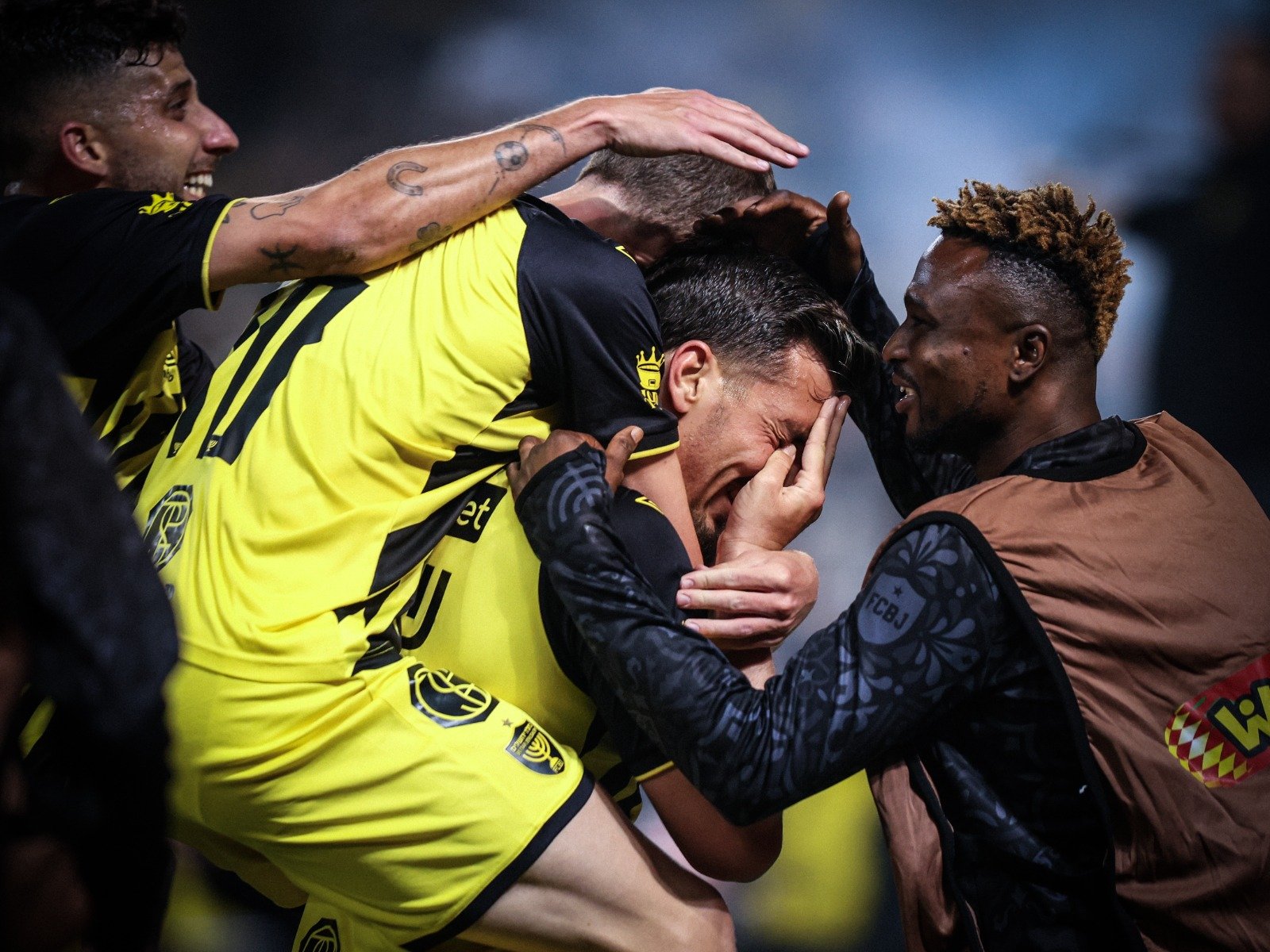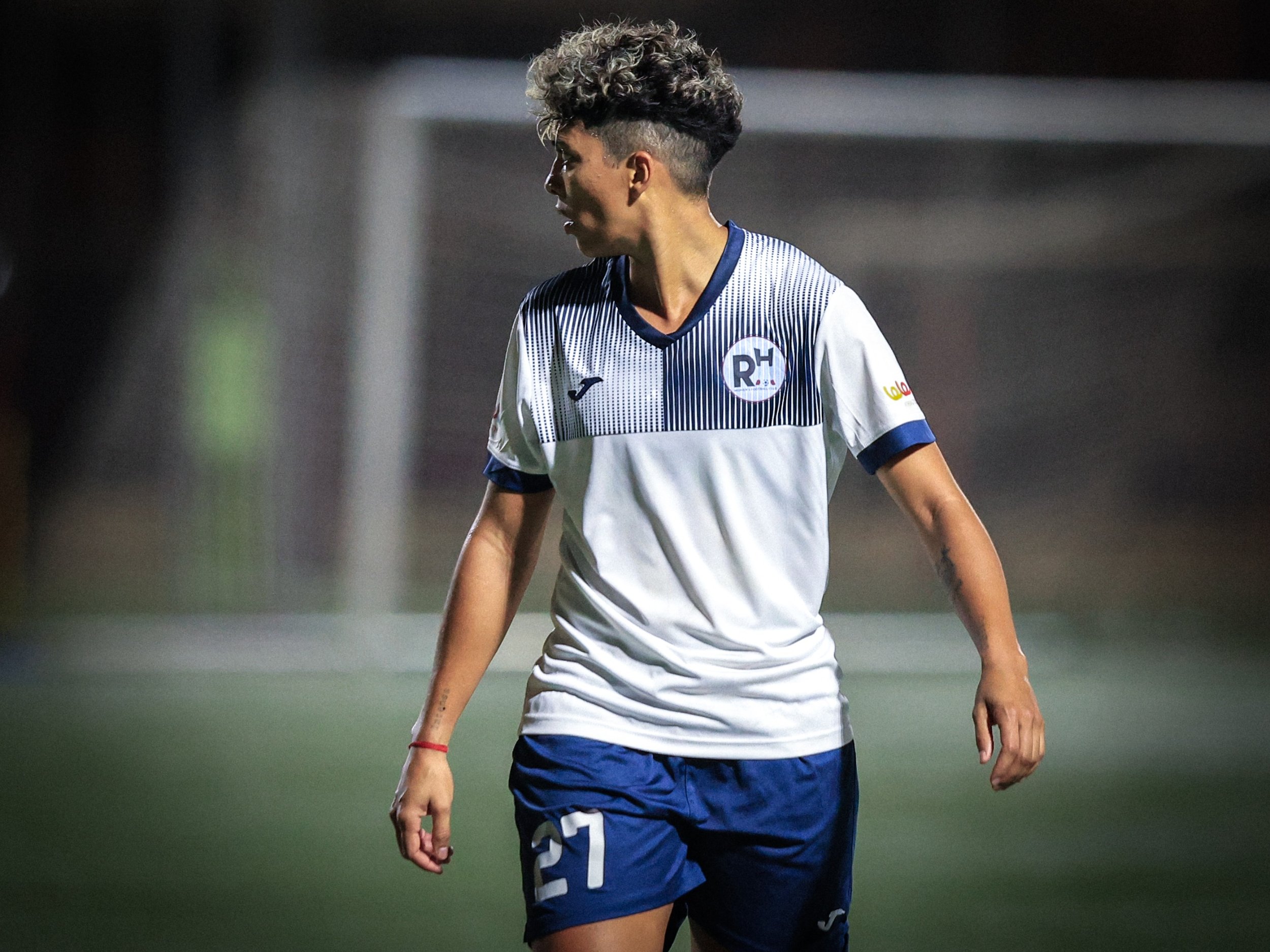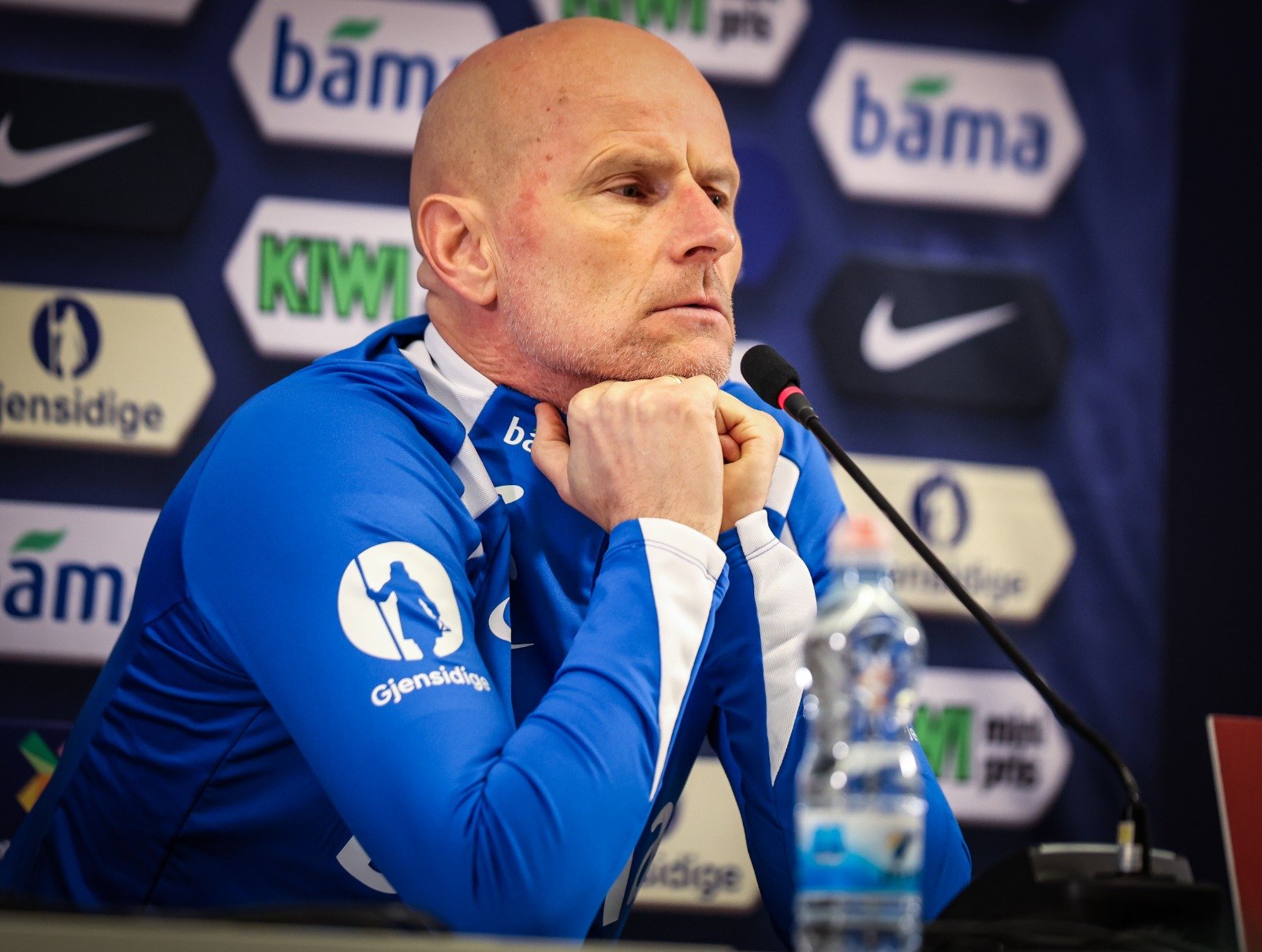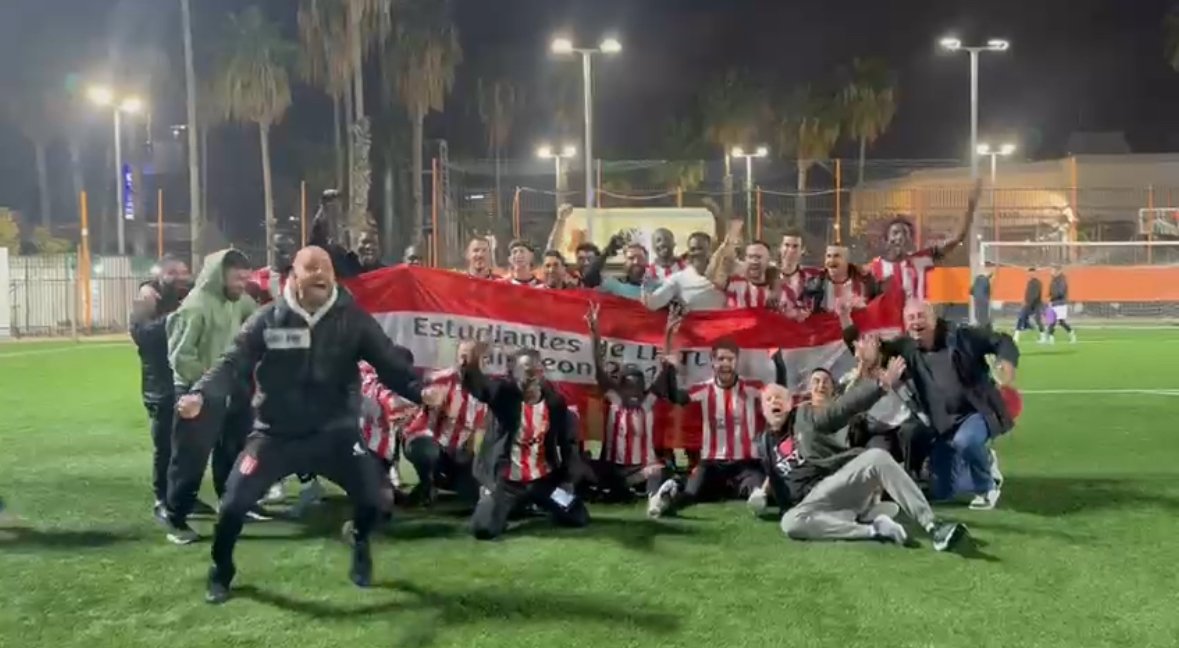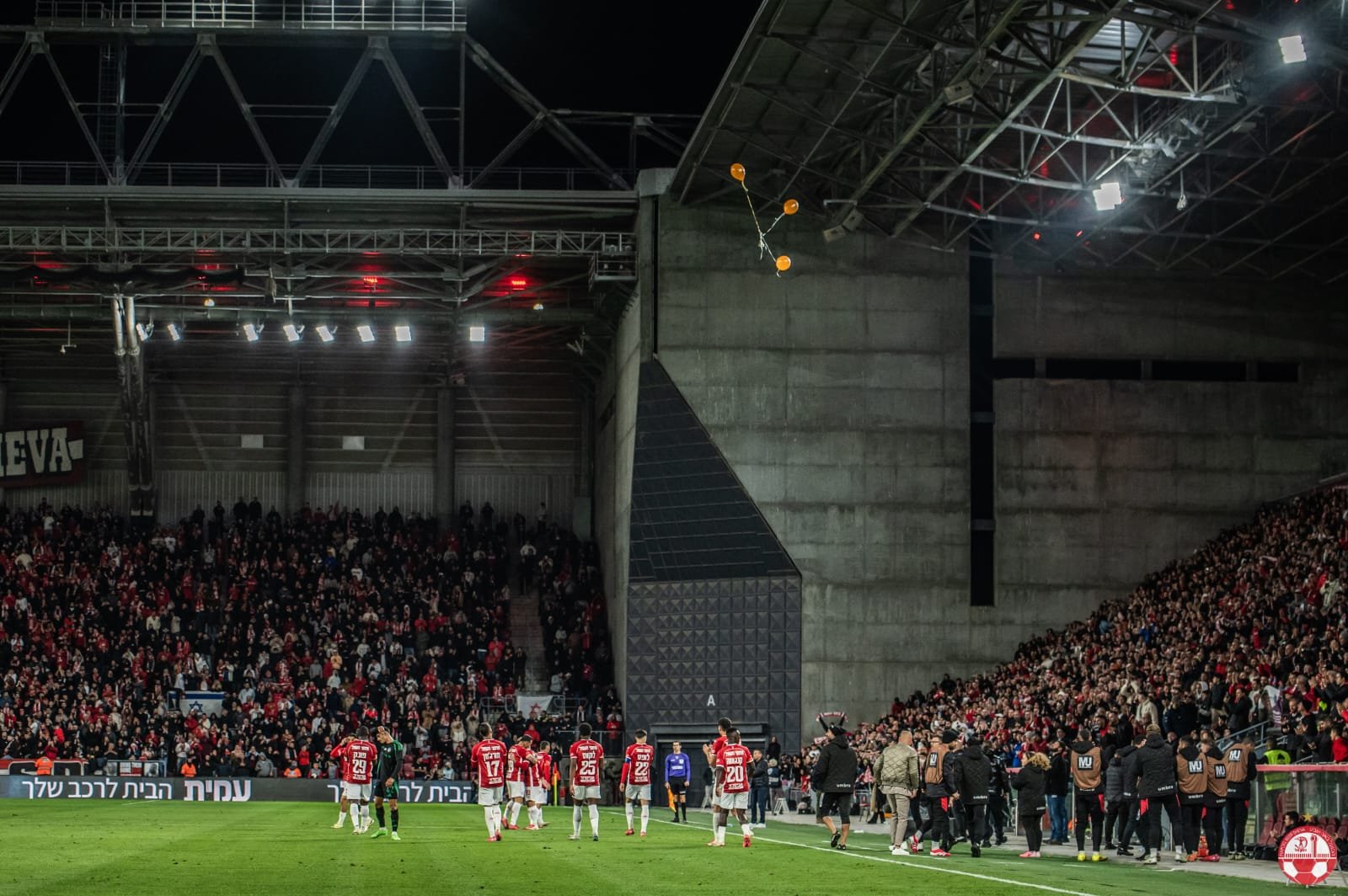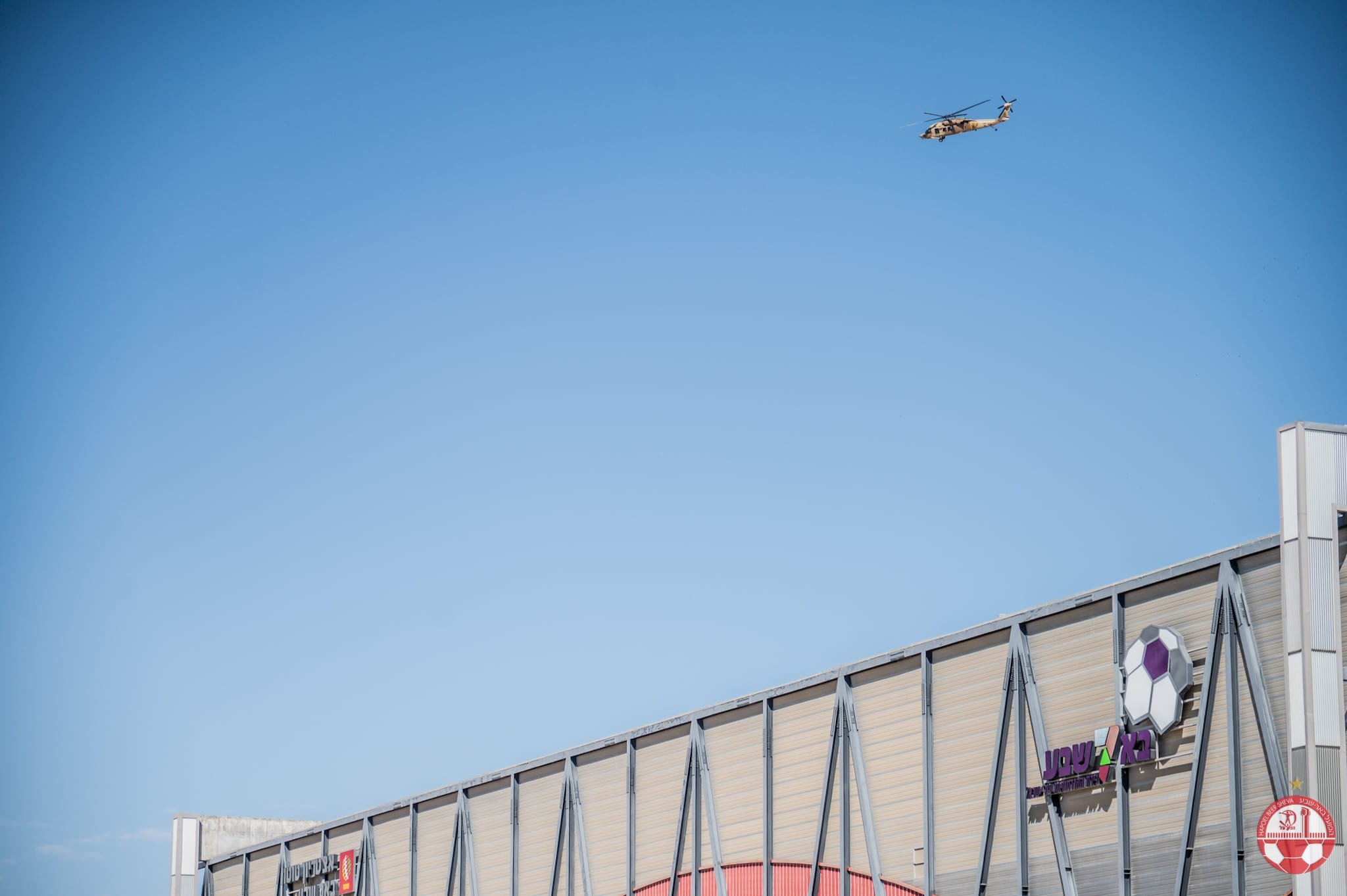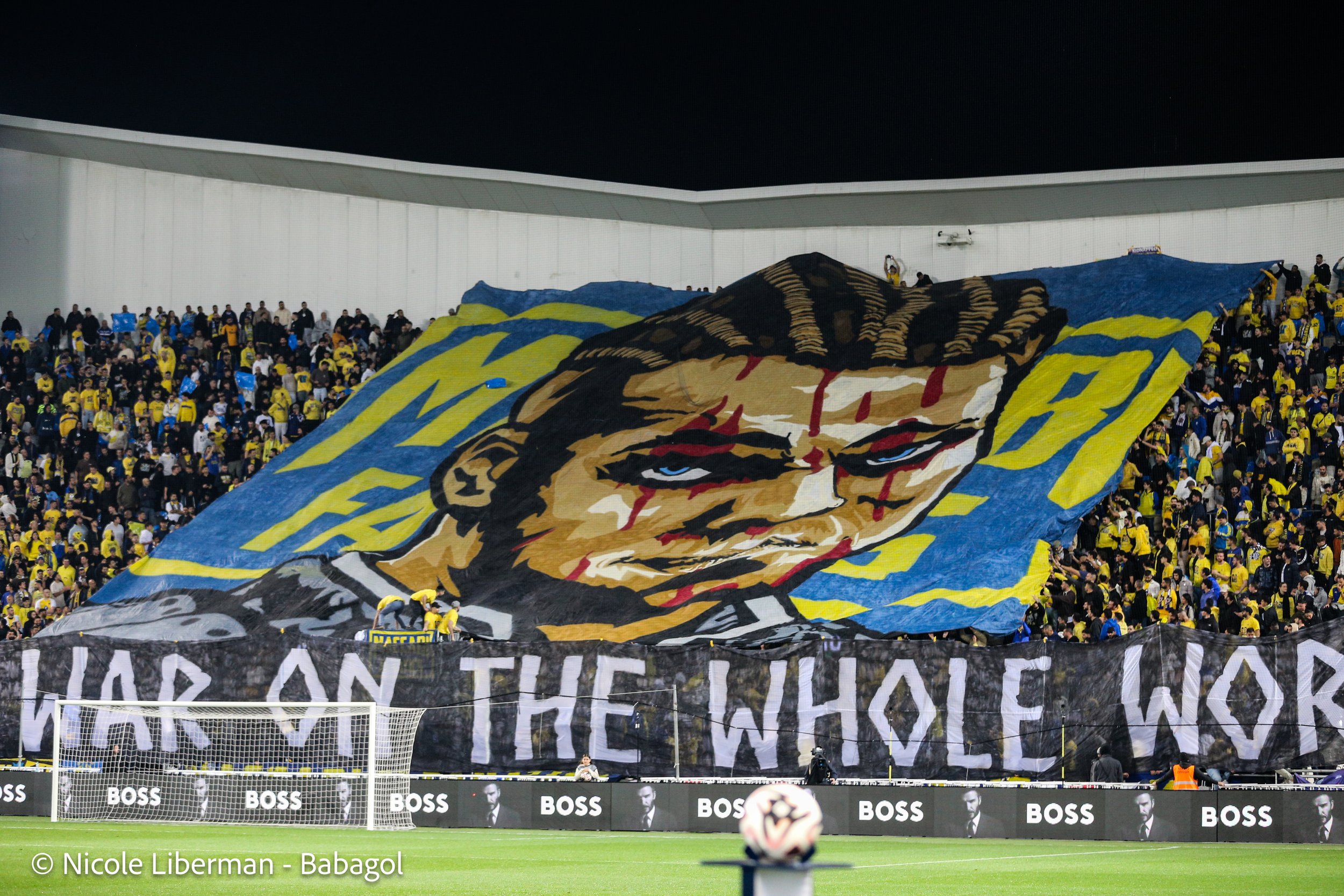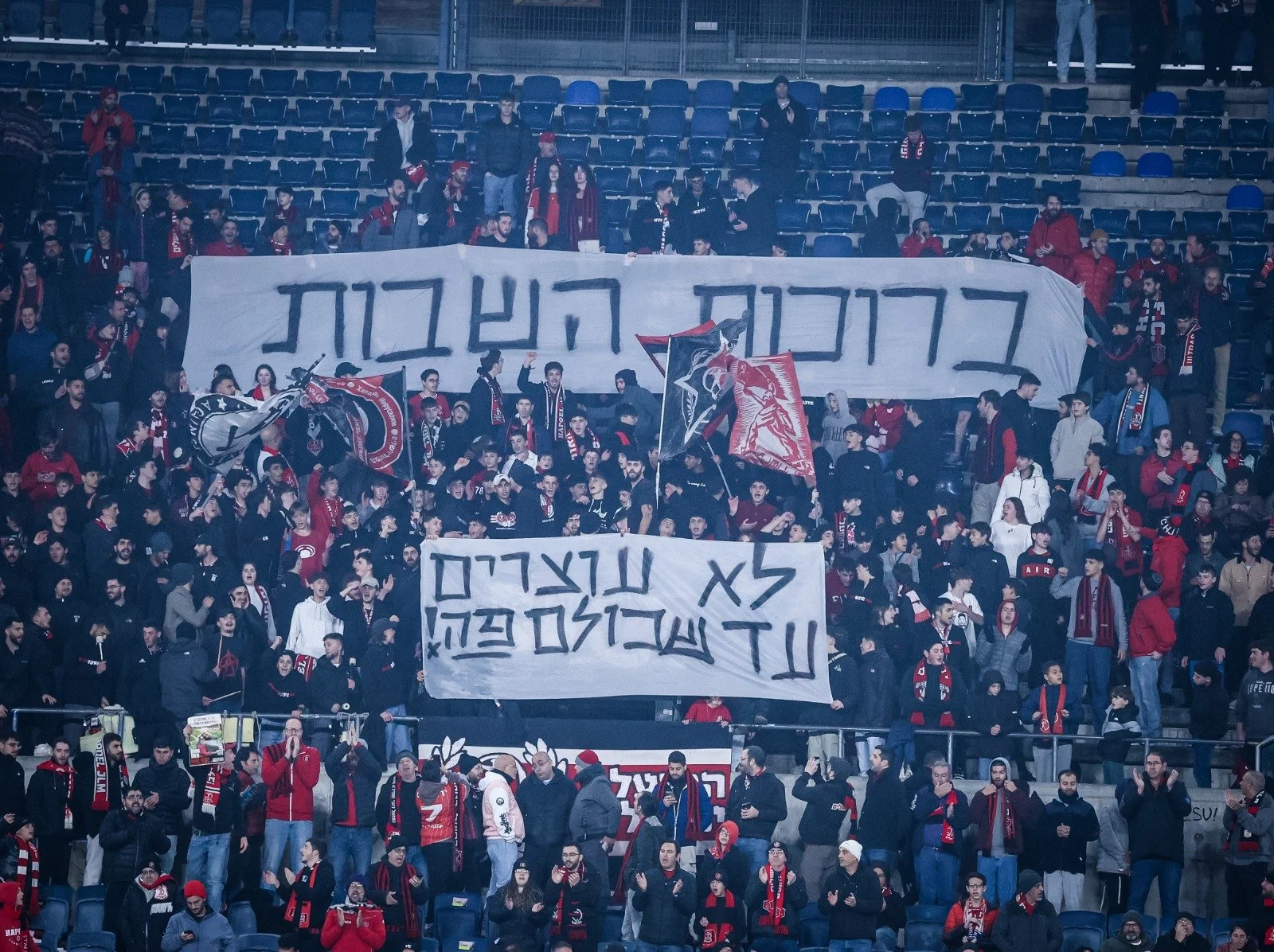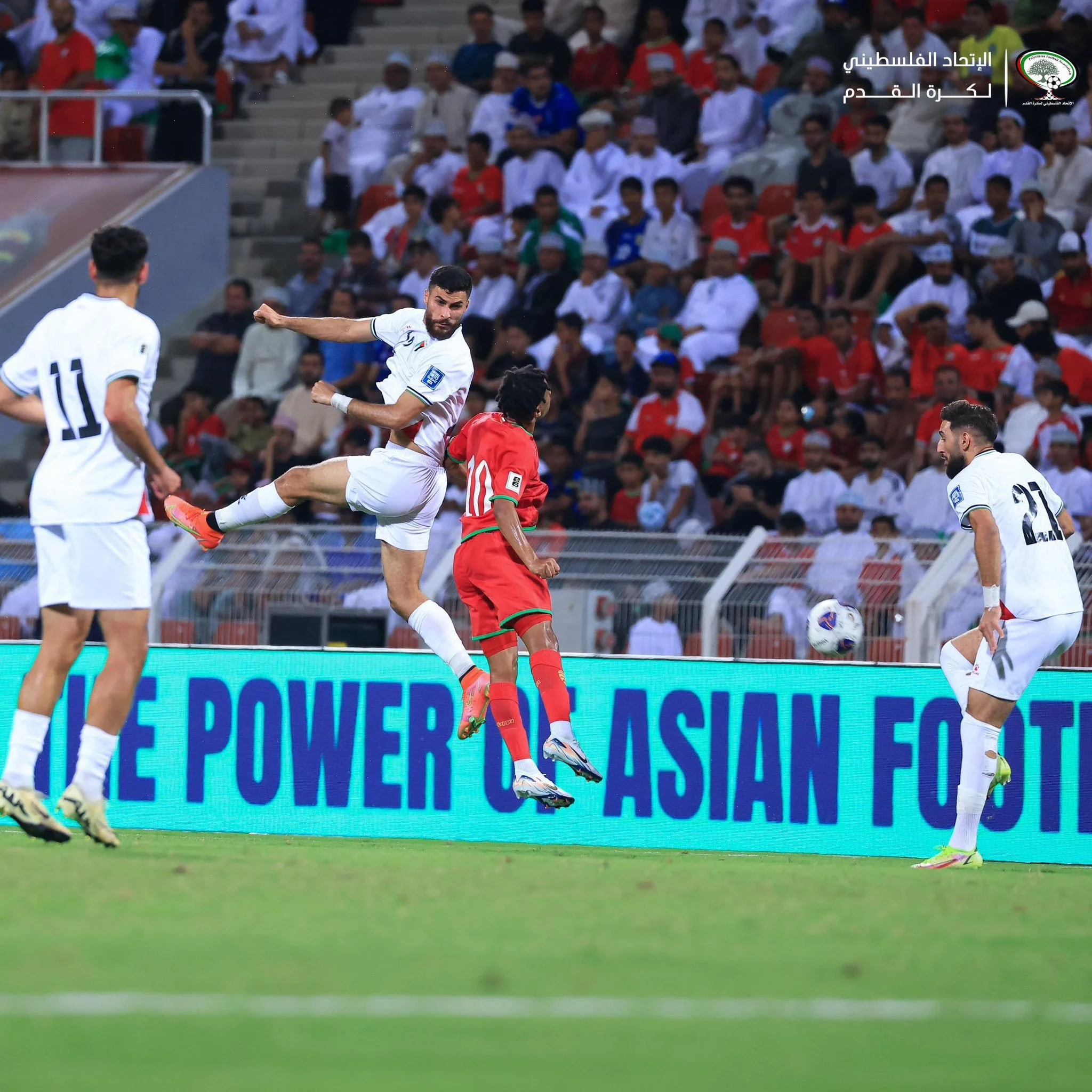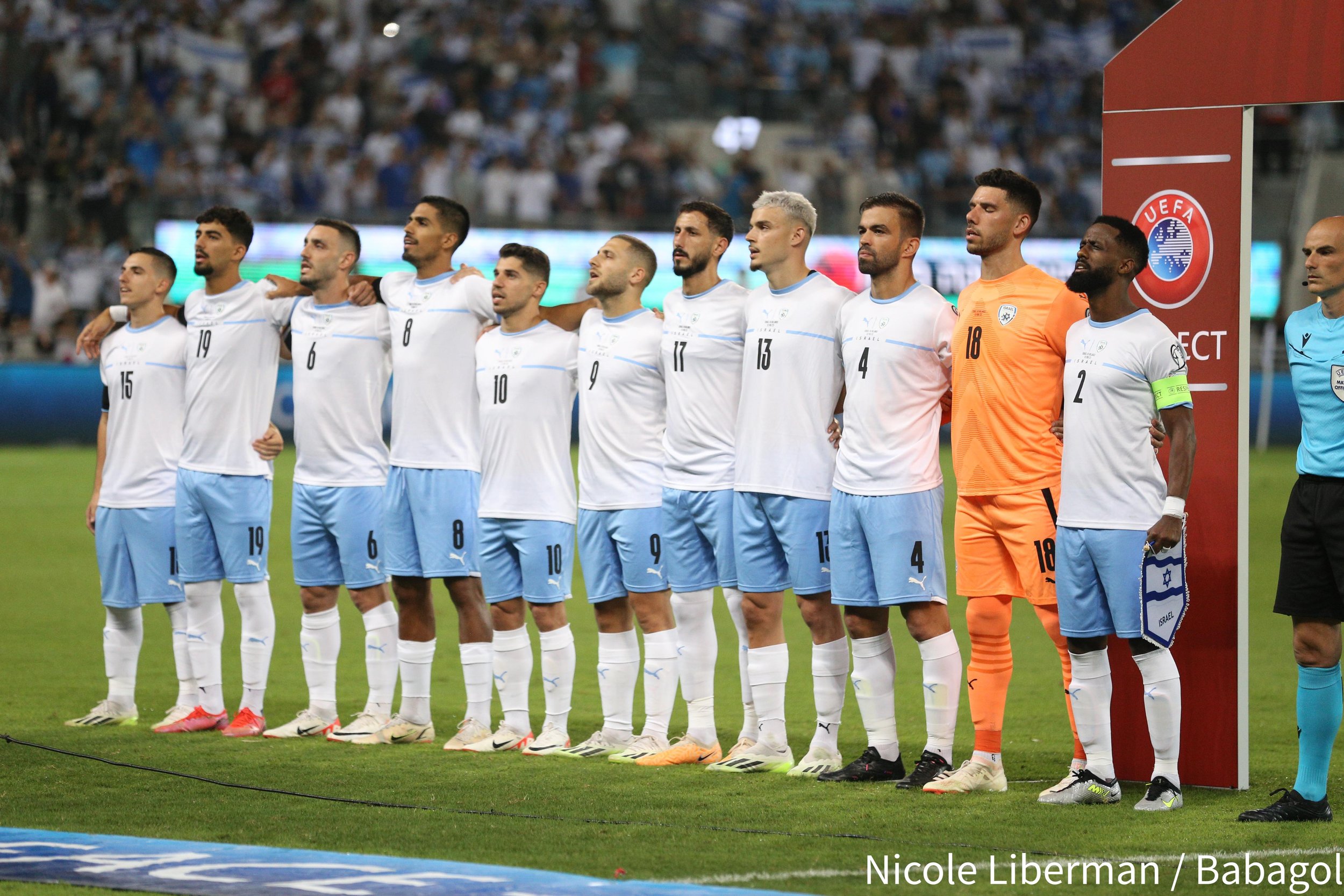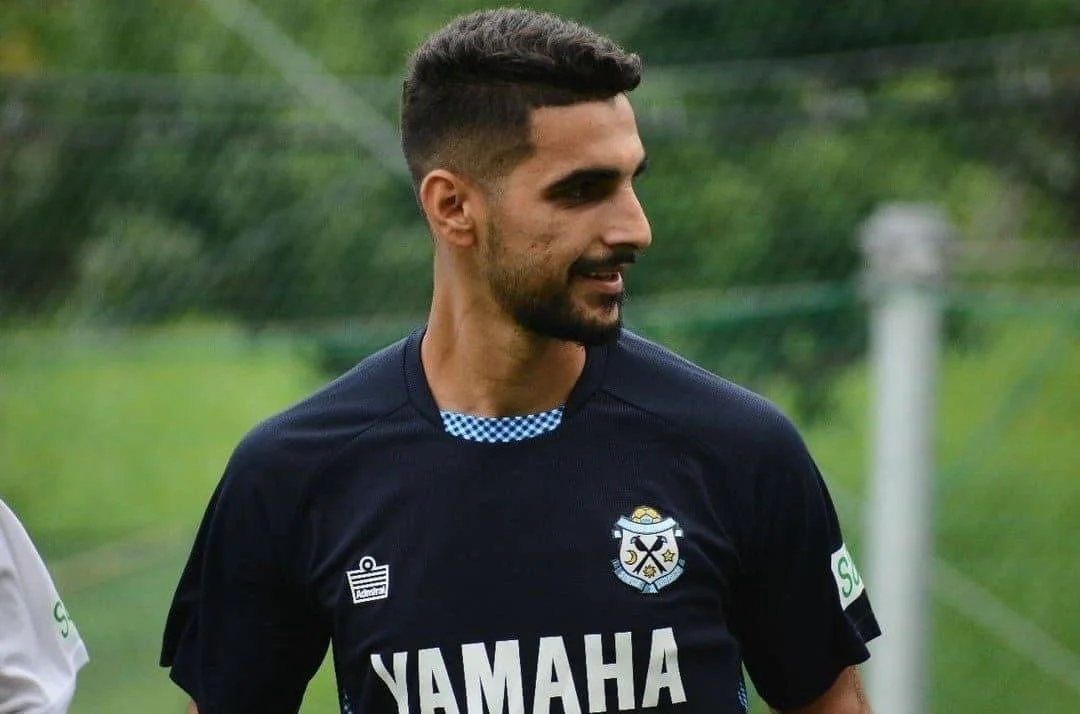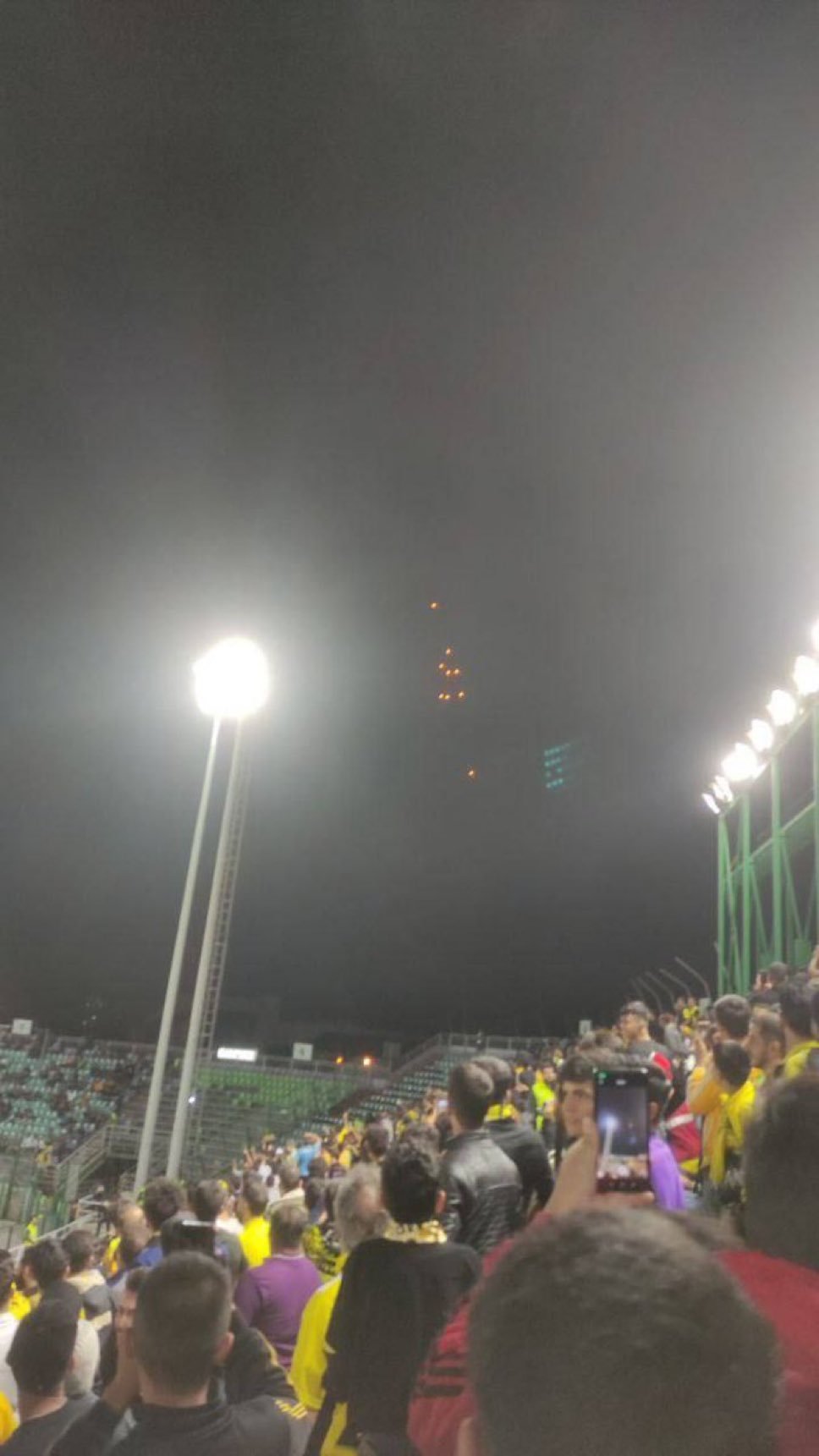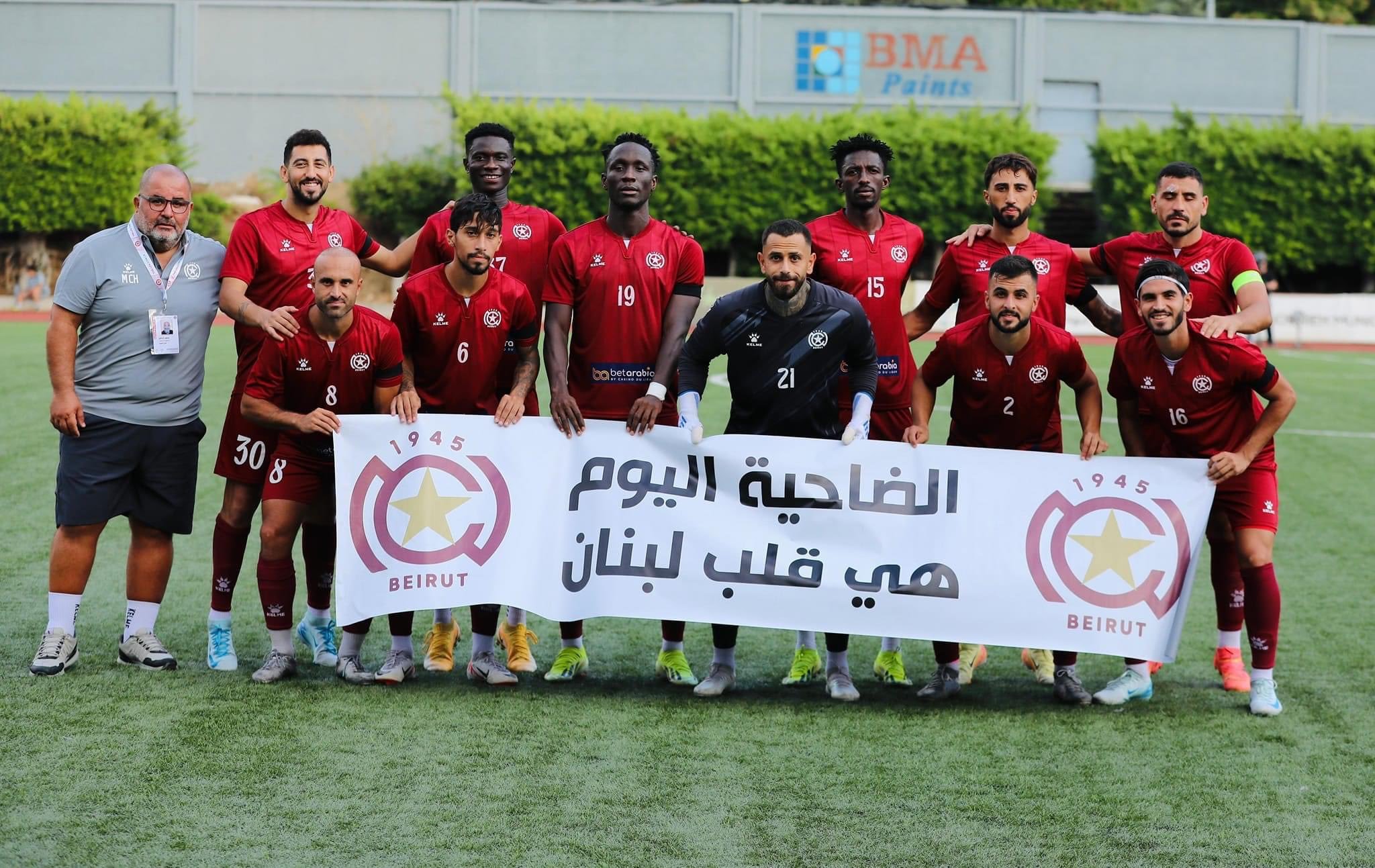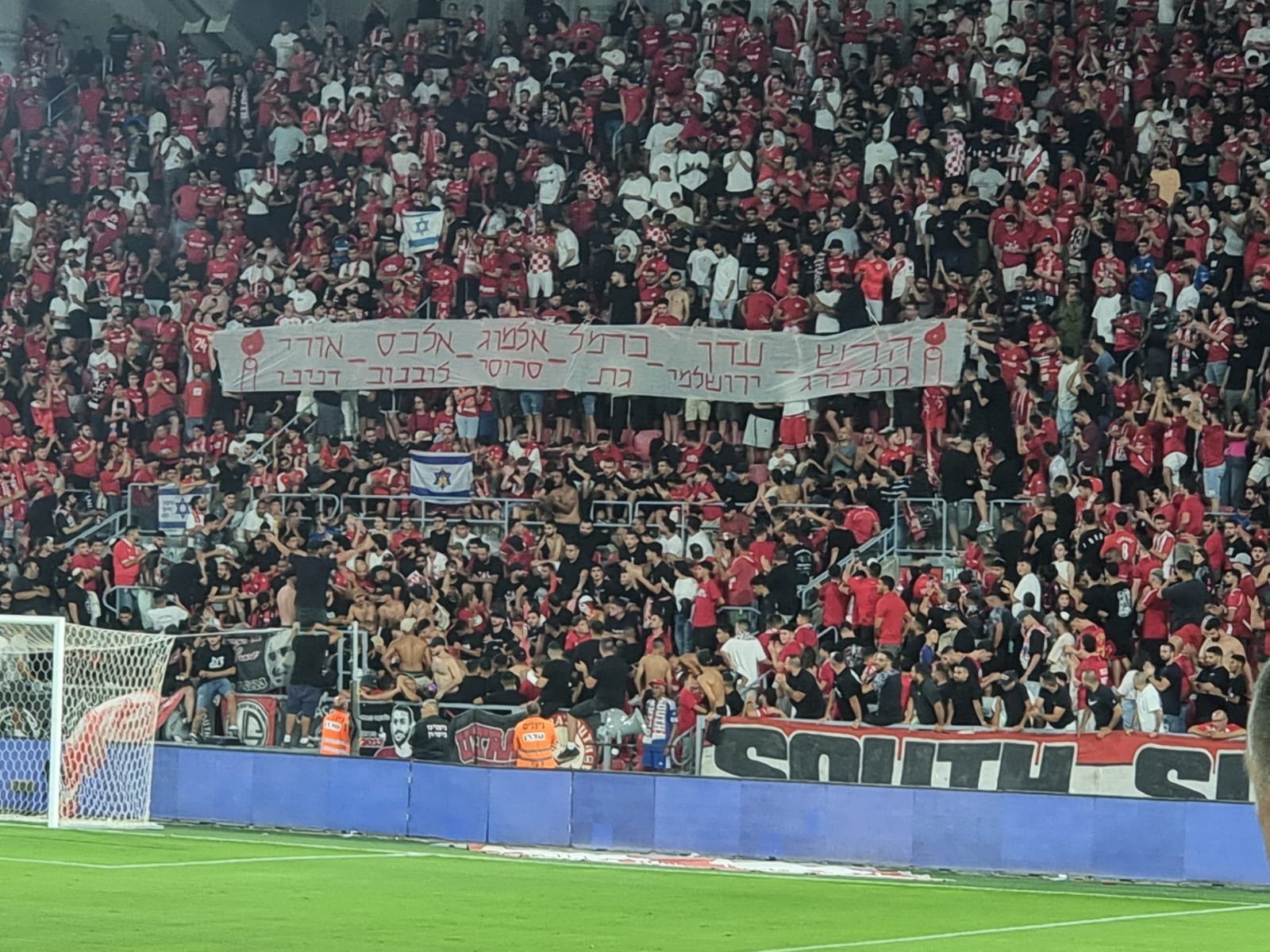It’s the end of an era.
Israel beat the Faroe Islands 3-2 on Wednesday night, finishing off their World Cup qualifiers campaign in the Diamond Stadium, Netanya. The match most likely signalled the end of the Austrian era for the Israeli national team.
Their slogan for the qualifiers was “one national team, a common dream” but, like every dream, in the end, whether it was good or bad, someone needed to wake up and start answering questions. And, with the way this campaign has ended, there are some big question marks over the Israelis future.
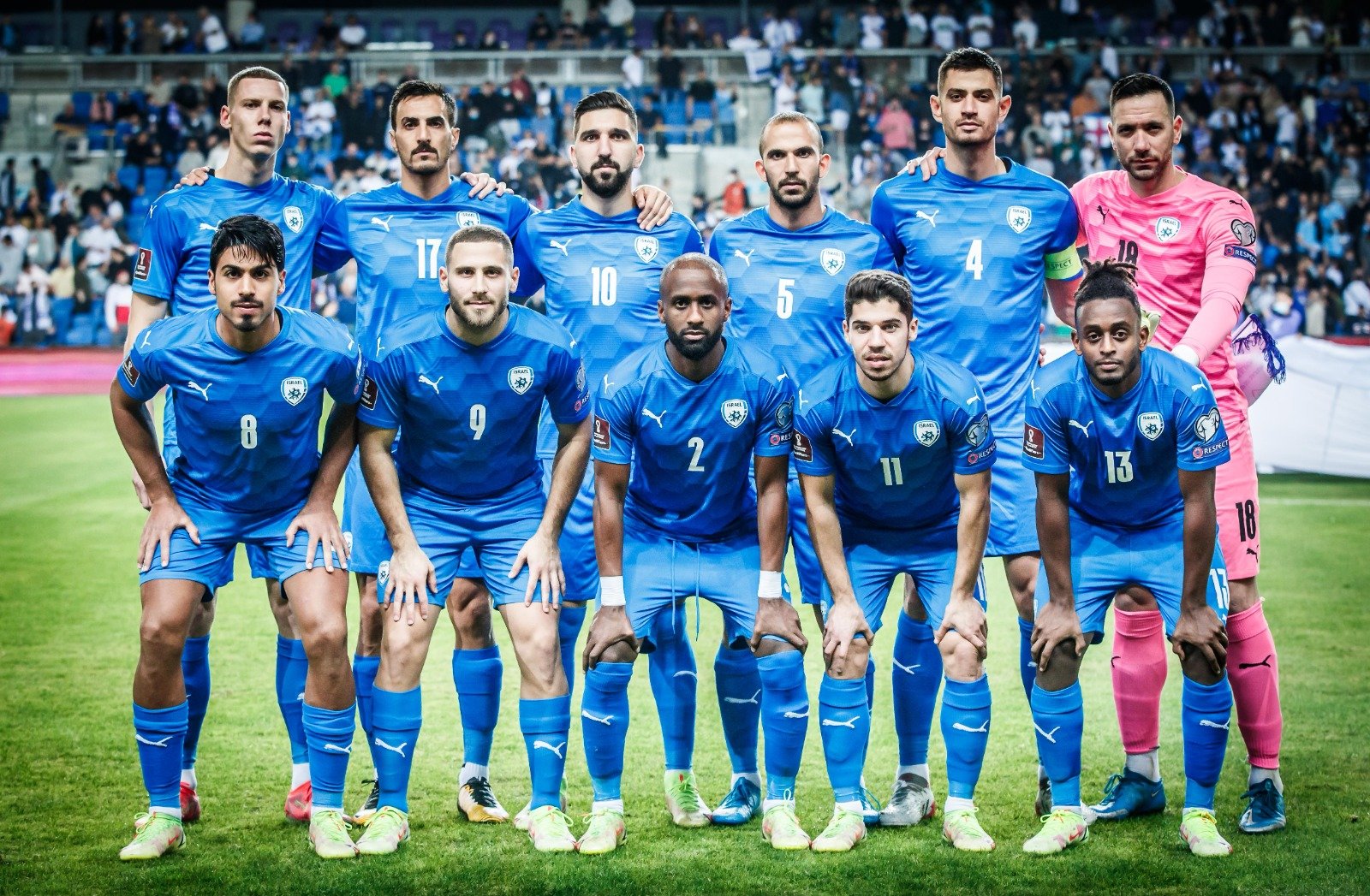
An end of an era. Israel national team in Willie Ruttensteiner’s last match in charge (Photo: Israel Football Association)
Hello, World!
First Half
Despite their bizarre goal difference (20 goals for, 19 against), being without Eran Zahavi who picked up an injury in the 4-2 loss against Austria at the weekend, and playing what is rumoured to be coach Willie Ruttensteiner’s last match in charge, Israel hoped to finish strongly.
Things started well, Aviv Avraham, a debutant from Netanya, played with a lot of enthusiasm and motivation. Unfortunately for him, he missed a promising one on one with the keeper, leaving the 7000 fans in the stands disappointed.
But that didn’t last long. Munas Dabbur, a controversial figure for some this campaign, scored a goal from the penalty spot after a handball. Once again, his goal wasn’t fully celebrated by the crowd, some still remember an Instagram post the player published during the latest wave of violence between Arabs and Jews in the country in May. The score, 1-0 to Israel, remained at the halftime whistle, but the atmosphere was dull.
Second Half
The game didn’t elevate to a higher level in the second half, but there was plenty of action.
In the 58th minute, Real Valladolid’s Shon Weisman scored after a nice trick from a set-piece that included a variety of passes between four different players. But, just when it seemed that the match was going to be one-sided, the Faroe Islands’ players began to play.
Three minutes later, Solvi Vatnhamar scored after a wonderful shot by Klaemint Olsen was saved, and he managed to collect the rebound. 2-1, and suddenly the hosts seemed vulnerable.
The Faroese players kept attacking and pressing high. In the 70th minute, after an amazing ten minutes of play, they equalized. 2-2. Olsen, who assisted the first, was in the right place to send it in.
The Faroese commentator was ecstatic in the stands - a massive effort by the national team from the small Nordic country.
It lasted for exactly three minutes, as Venezia midfielder Dor Perez scored a terrific volley from a beautiful Dabbur assist, making it 3-2 to Israel. Shortly afterwards Dabbur was subbed and received the chants from the crowd yet again, but Israel kept hold of the lead until full time.
The Faroe Islands 🇫🇴 commentator here is thrilled with the temporary 2:2 equaliser. Superb effort what these guys produced here tonight #ISRFRO #EruopeanQualifiers pic.twitter.com/rcjlUwsh0r
— Uri Levy (@Levyninho) November 15, 2021
An End of an Era
“The idea was to press the defenders in the first half, but it didn't work”, one of the Faroe Islands’ coaching staff told BabaGol after the match, when asked to explain the impressive first half by the visitors. “We told the coach to instruct the players to add another player to the press on each side, besides, we come from a tiny place of 50,000 people and we have nothing to lose”.
Although they also had nothing to lose, Israel left the pitch with a bitter-sweet taste in their mouth.
Israel finished 3rd in a group that included Denmark, Scotland, Austria, Faroe Islands and Moldova, scoring 23 and conceding 21. Ruttensteiner is almost surely departing as coach, and told BabaGol he is “very proud of what we have done here from 2018 to the present day, in another five or six years you will understand what we have done here at the youth level as well.”
“For me, on a personal level, finishing above Austria in this house was important.” Ruttensteiner, an Austrian himself, was criticized in Israel for his lack of flexibility in formation, and for positioning players in incorrect roles. But most of all, for the fact that for a glimpse of a moment in this campaign, it seemed that Israel could do it. That they could go all the way to the World Cup in Qatar, and compete. Ruttensteiner started off as Israel’s technical director, and only took the helm after Andi Herzog left last year but couldn’t fulfil that dream.
Israeli national teams have had largely Austrian coaches since the end of the Mandatory Palestine era, and in the first years after the foundation of the country in the late 1940s. Now, after three years under Austrian guidance and another World Cup to watch from home, it seems that it will take some time until we’ll see another tenure of Austrian football philosophy guiding the Men in Blue.
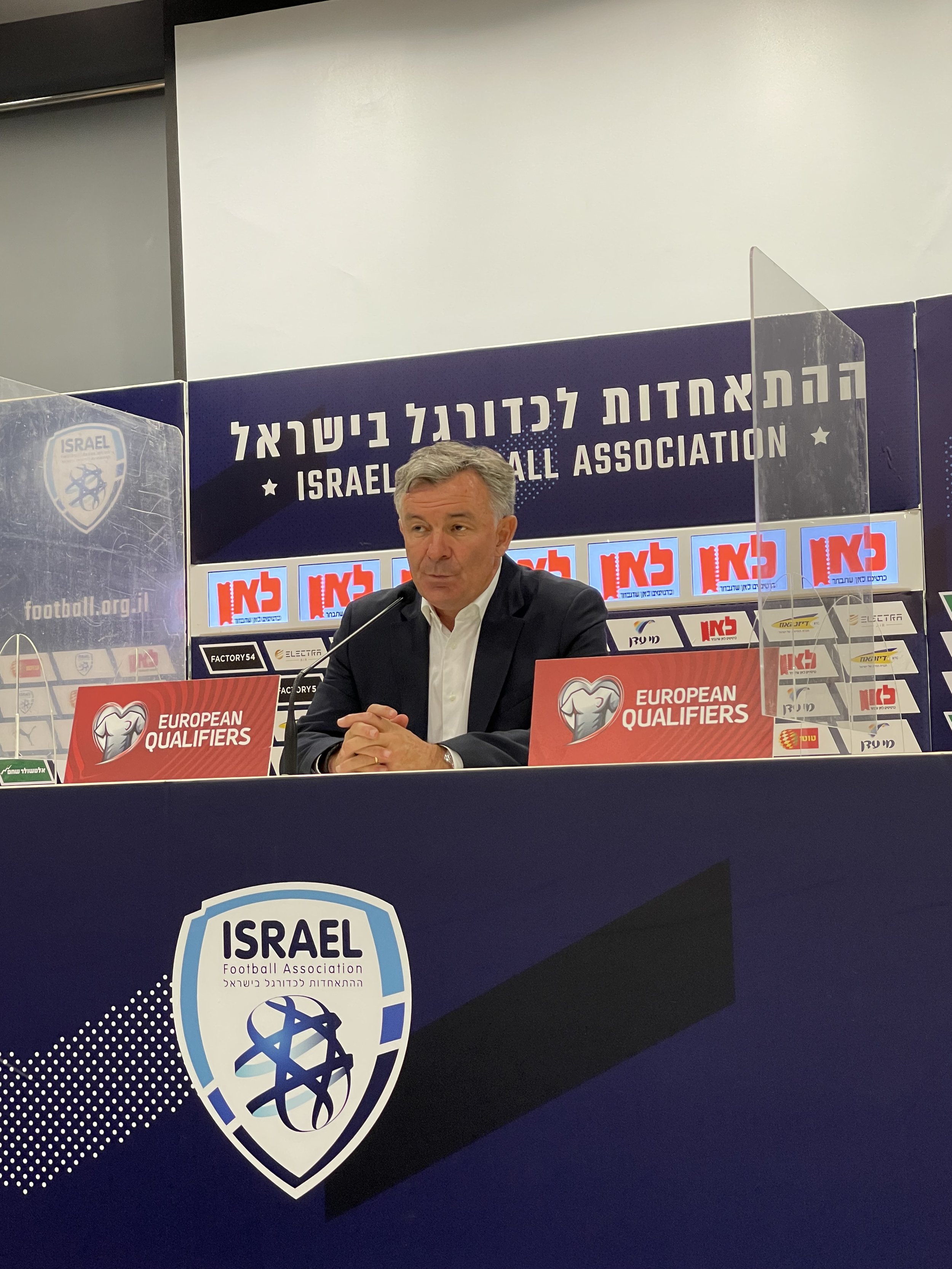
It’s not official yet, but Ruttensteiner did summarized his time as Israel’s coach (Photo: Uri Levy)



